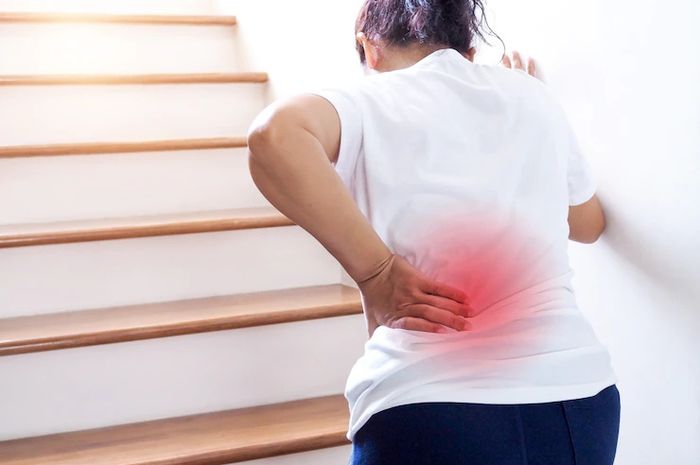Freepik/kittima05
–
Osteoporosis due to decreased estrogen hormone.
–
GridHEALTH.id – Menopause is the natural phase when a woman’s menstrual cycle ends.
During the menopause phase, women will feel discomfort due to night sweats, mood swings, and decreased energy.
On average, menopause occurs when a woman is 50 years old. But, it could also be earlier, namely the mid-40s.
In addition to having to deal with menopausal symptoms, women also have to prepare themselves because of the increased risk osteoporosis.
Osteoporosis is a condition characterized by weakening of the bones, making them break easily.
Reported from Australasian Menopause Societypeak bone mass occurs in the 20s to 30s and after that it stops growing.
At that age, the bones are also at their strongest.
A number of studies show, about half of women aged 60 years, experience fractures due to osteoporosis.
How come? The risk of osteoporosis in women increases due to the level of the hormone estrogen in the body.
Also Read: Beware of 5 Common Symptoms of Osteoporosis, One of them is Back Pain
When entering menopause, the level of estrogen in a woman’s body decreases Verywell Health.
Well, reduced estrogen levels, leading to decreased bone strength and the development of osteoporosis.
However, estrogen levels are not the only cause of postmenopausal women at risk for osteoporosis.
One of the other factors is a diet that is low in calcium and vitamin D.
In fact, these two nutrients are very important to maintain and maintain bone strength.
But don’t worry, there are several ways you can reduce the risk of osteoporosis after menopause, including:
1. Sports
Exercise can make bones and muscles stronger, and prevent bone loss.
Do exercise such as walking, jogging, or climbing stairs for 30 minutes per day.
Also Read: IVF Program Makes Women Menopause Early? Artist Kourtney Kardashian Admits It
2. Eat food for bones
A woman should eat foods that are high in calcium and vitamin D. For postmenopausal women, calcium needs to be 1,200 milligrams (mg) per day.
Foods that are good for consumption are milk, green vegetables, and orange juice.
3. Regularly check bone health
When you have entered menopause, you must regularly check for bone health and the risk of fracture.
4. Reduce bad habits
Smoking and frequent drinking of alcoholic beverages can interfere with bone health.
If the weight is below average, then the risk of fractures and osteoporosis will be high.
Even so, always make sure the ideal body weight or in accordance with the body mass index.

–
logo parapuan This article is part of
parapuan parapuan
–
–
–
is a space for women’s self-actualization to achieve their dreams.
PROMOTED CONTENT
–


